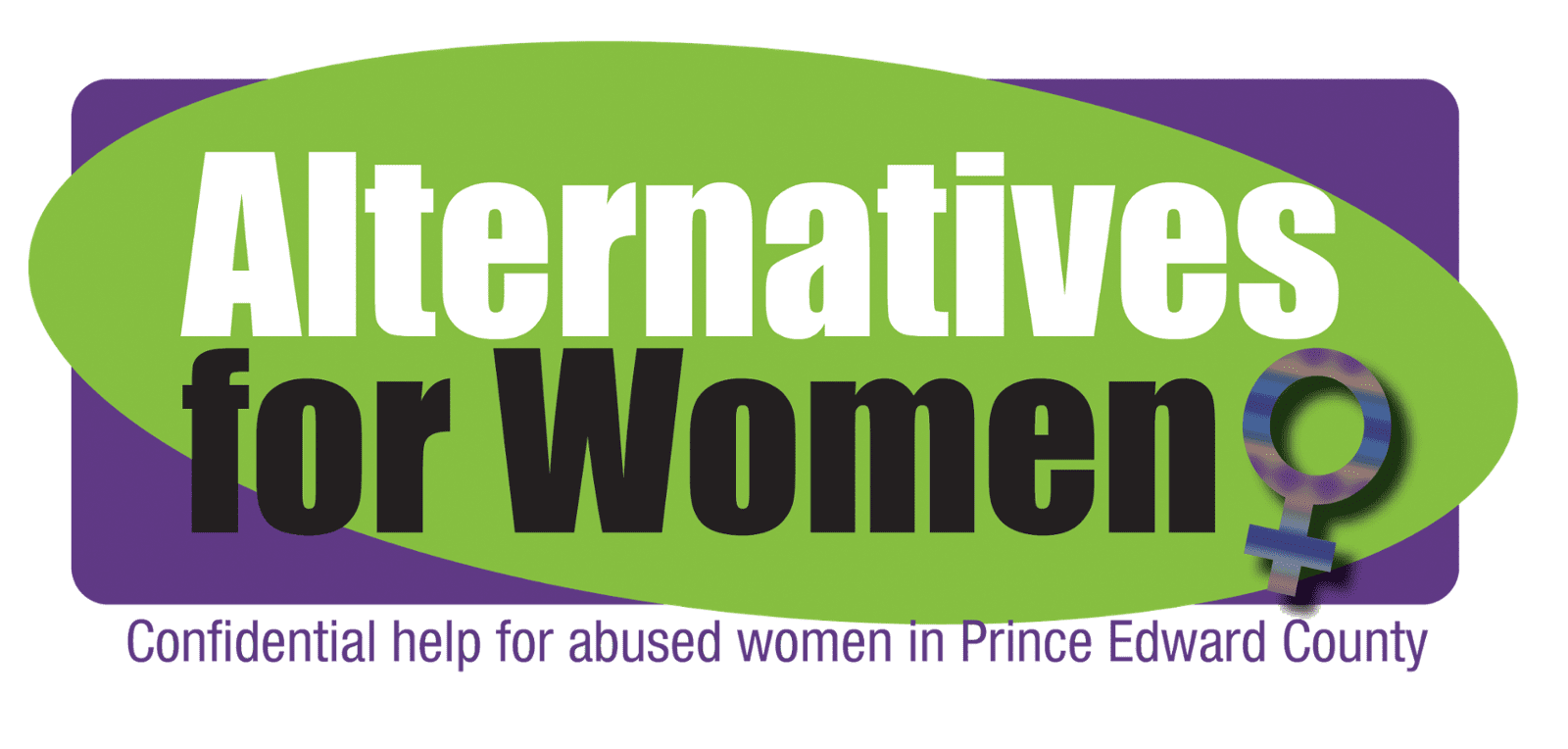What is Orange Shirt Day?
September 30th is the National Day for Truth and Reconciliation and Orange Shirt Day. In fact, Orange Shirt Day preceded the National Day for Truth and Reconciliation. Orange Shirt Day emerged from an Indigenous lead grass-roots movement focused on the impacts of the residential school system on indigenous peoples in Canada. The goal of Orange Shirt Day is to raise awareness of the experiences of survivors of these schools, and of the intergenerational trauma that those survivors and their families experience.
The orange shirt became a symbol due to one woman’s story, and September 30th was chosen as the day on which to raise awareness because it symbolizes the time of year when children were taken from their families. Phyliss J Webstad, a Northern Secwpemc of the Stswecem’c Xgat’tem First Nation was one such child. She was taken to the St. Jerome Residential School in 1973, when she was 6 years old. (This makes her younger than me, this is not ancient history.) One of the first things that happened to her is that all of her belongings were taken away from her, including her new orange shirt, the one that her granny had scraped the money together to buy for Phyliss’ first day of school.
The orange shirt signifies the loss experienced by Indigenous people through their time in residential school. These losses include language, culture, history and opportunity. The latter, because the level of schooling offered at residential and day schools for Indigenous children was of very poor quality. Even had there been no other losses, this alone would account for ongoing poverty for some Indigenous people in Canada. But the other losses – like that of bodily autonomy – played havoc with the people who were taken into these schools. The ongoing trauma they suffered because of this loss, through rape and physical abuse, continues to play out in their families through intergenerational trauma. This is how it is both logical and correct to say that residential schools are even today, continuing to create victims/survivors.
Orange Shirt Day began among Indigenous communities (and their allies) in 2013, after Phyliss told her story at the St Jerome Residential School Project. Four years later, the Minister of Indigenous Affairs encouraged all Canadians to take part in the commemoration. Due to the complexities of government, although a bill was proposed to make Orange Shirt Day a statutory holiday the following year, it actually took until 2021 for legislation establishing the National Day for Truth and Reconciliation as a holiday.
By now, I suspect you are wondering what all of this has to do with our mission at Alternatives for Women. Our mission is to end violence against women and girls. Understanding how our colonial past and present play into ongoing violence against Indigenous women and girls is important to that mission. We cannot say we have taken on all of what leads to violence against women and girls if we are not able to address our colonial past, and if we are not able to work towards ending colonialism in the present.
This is just one part of the journey of national truth and reconciliation.
